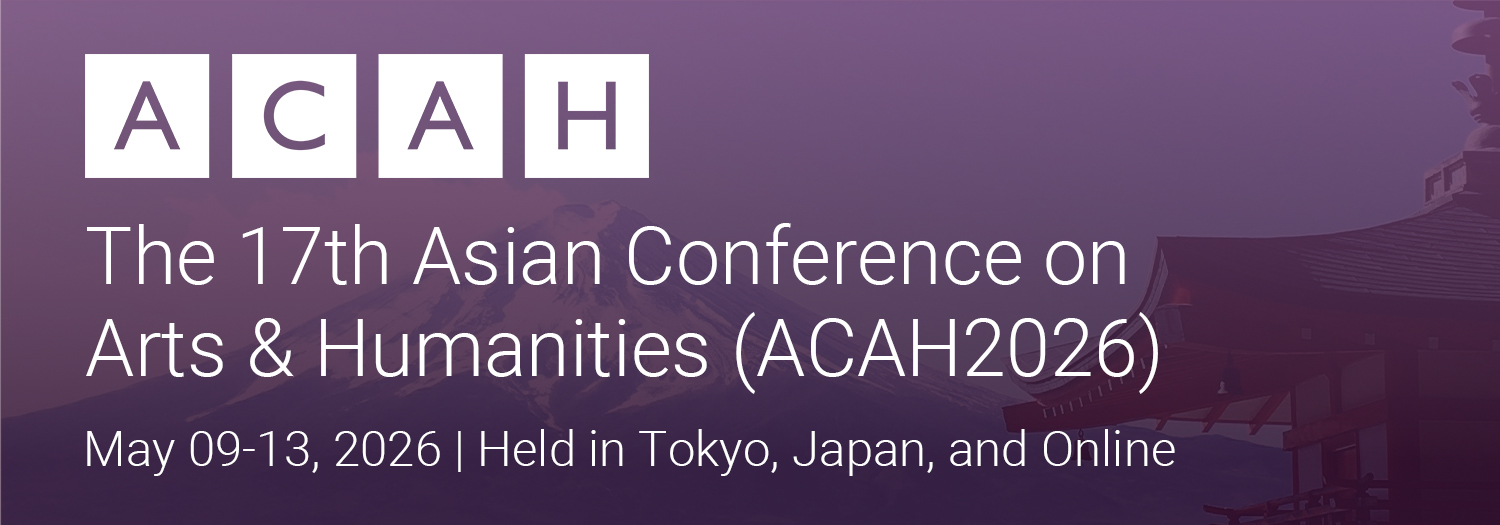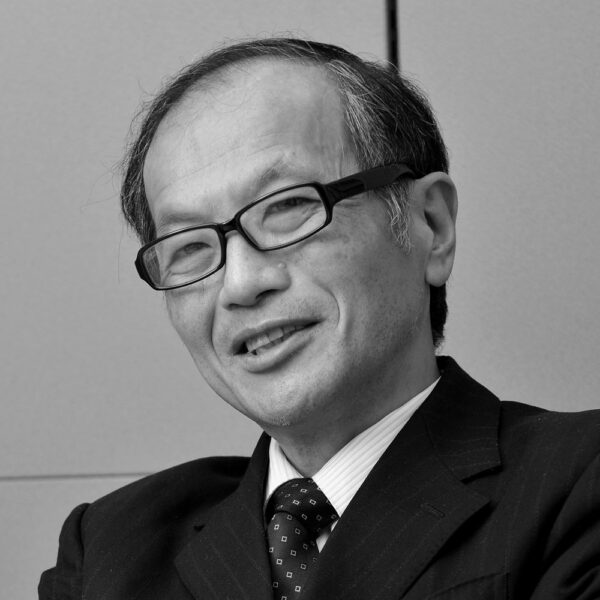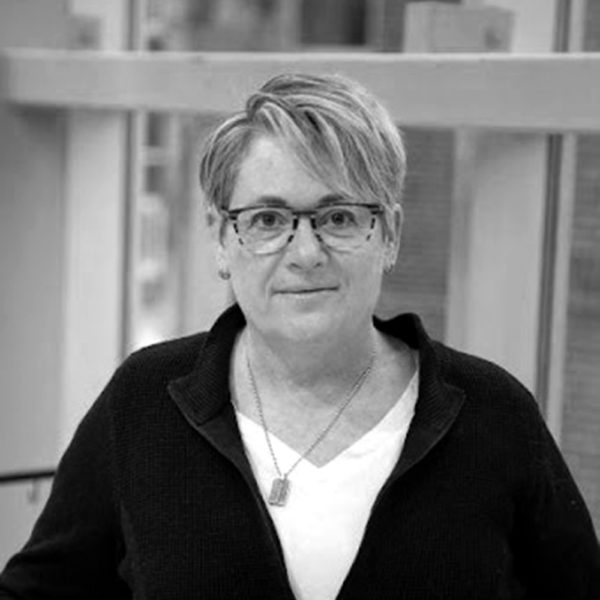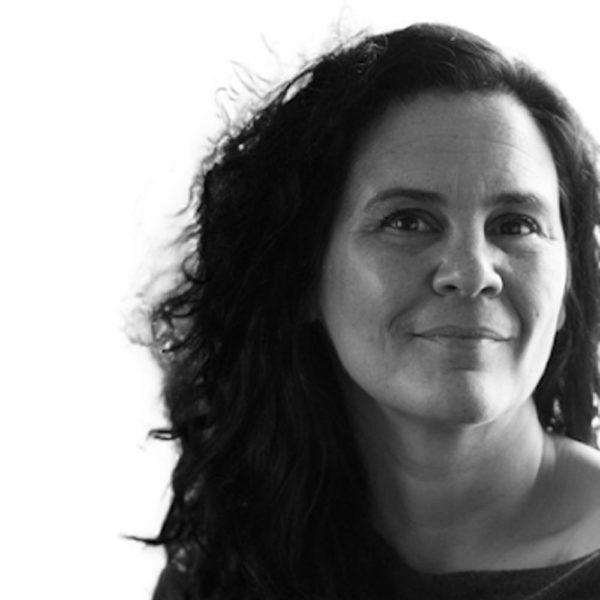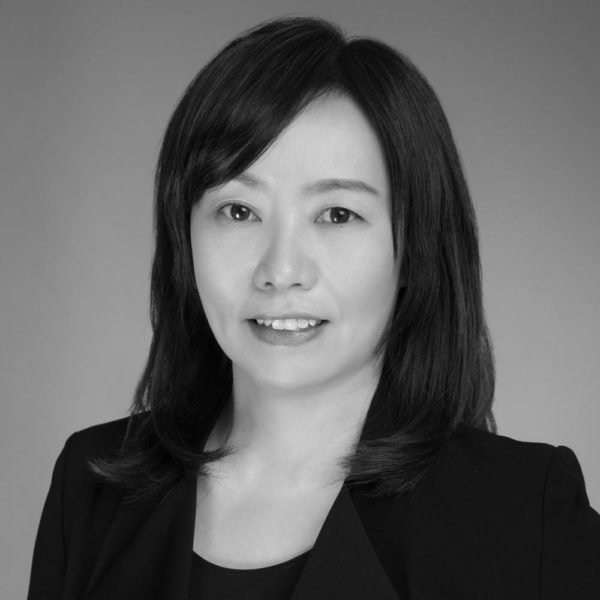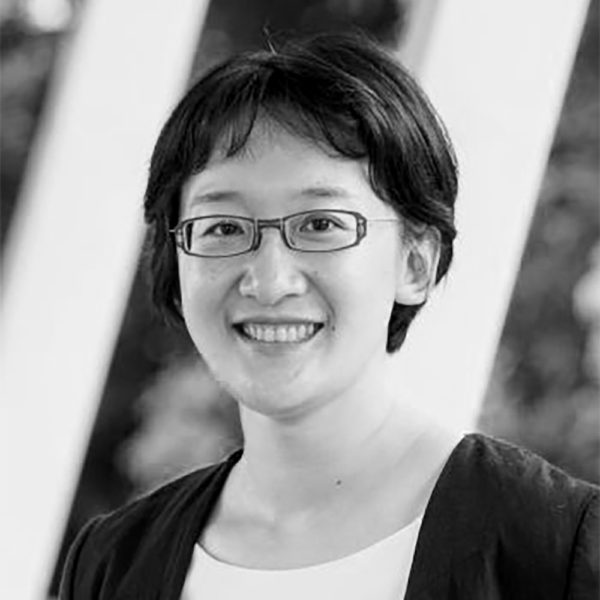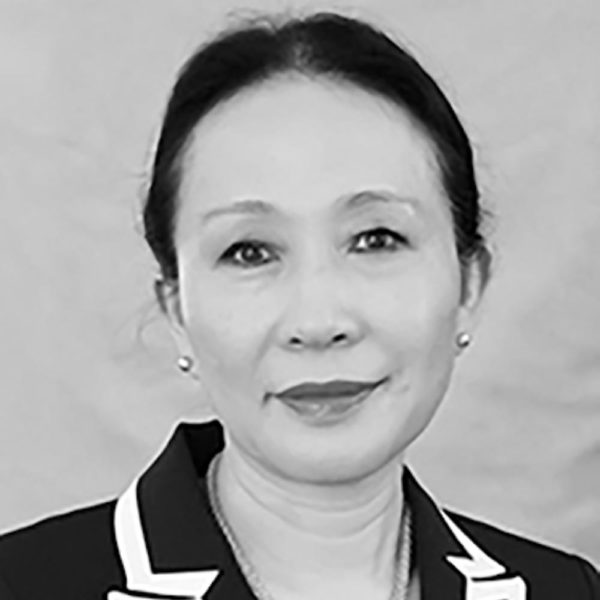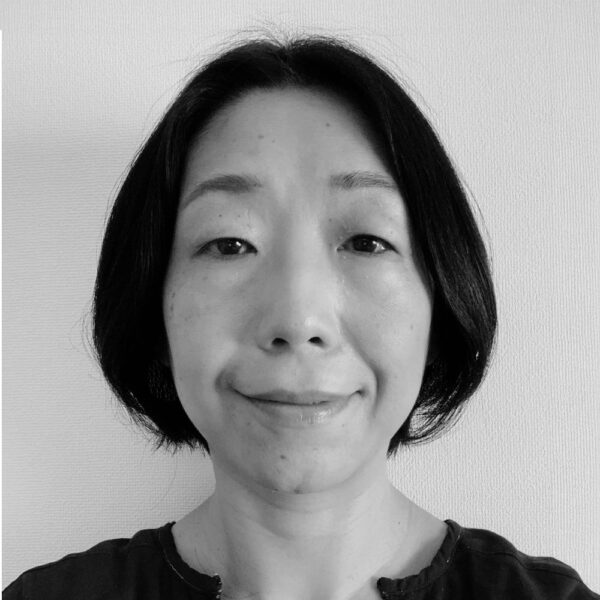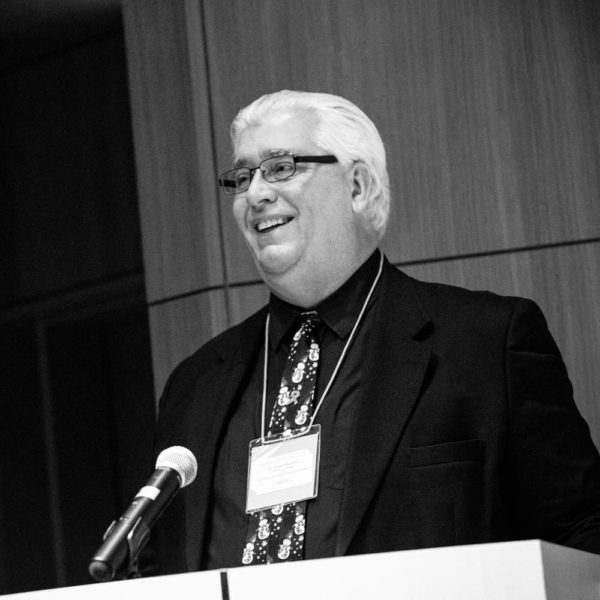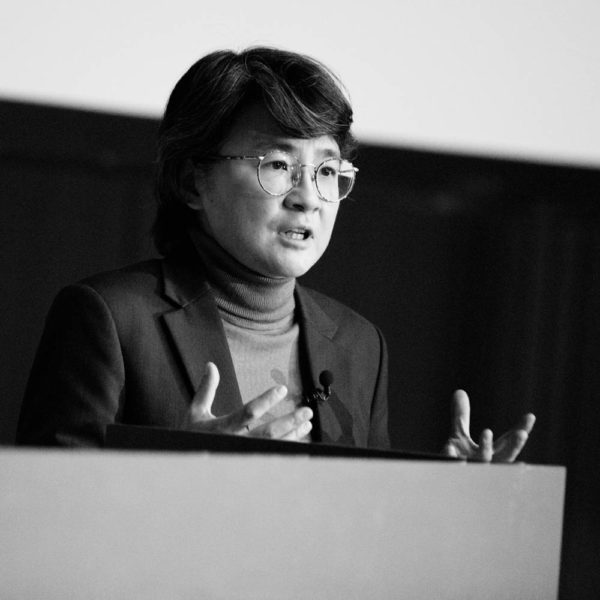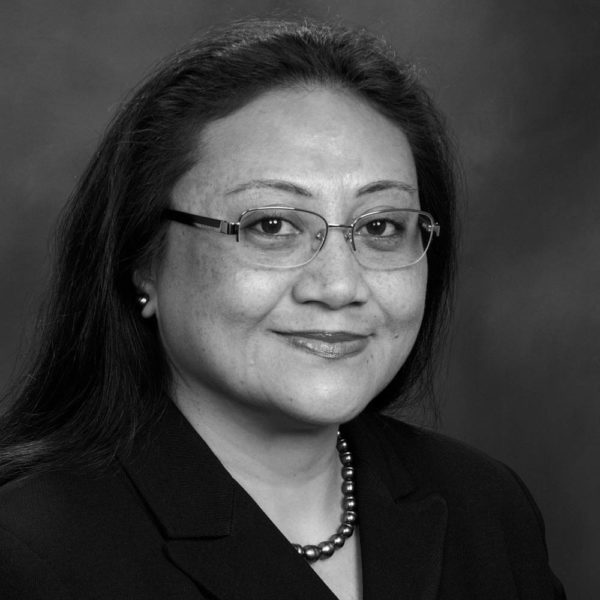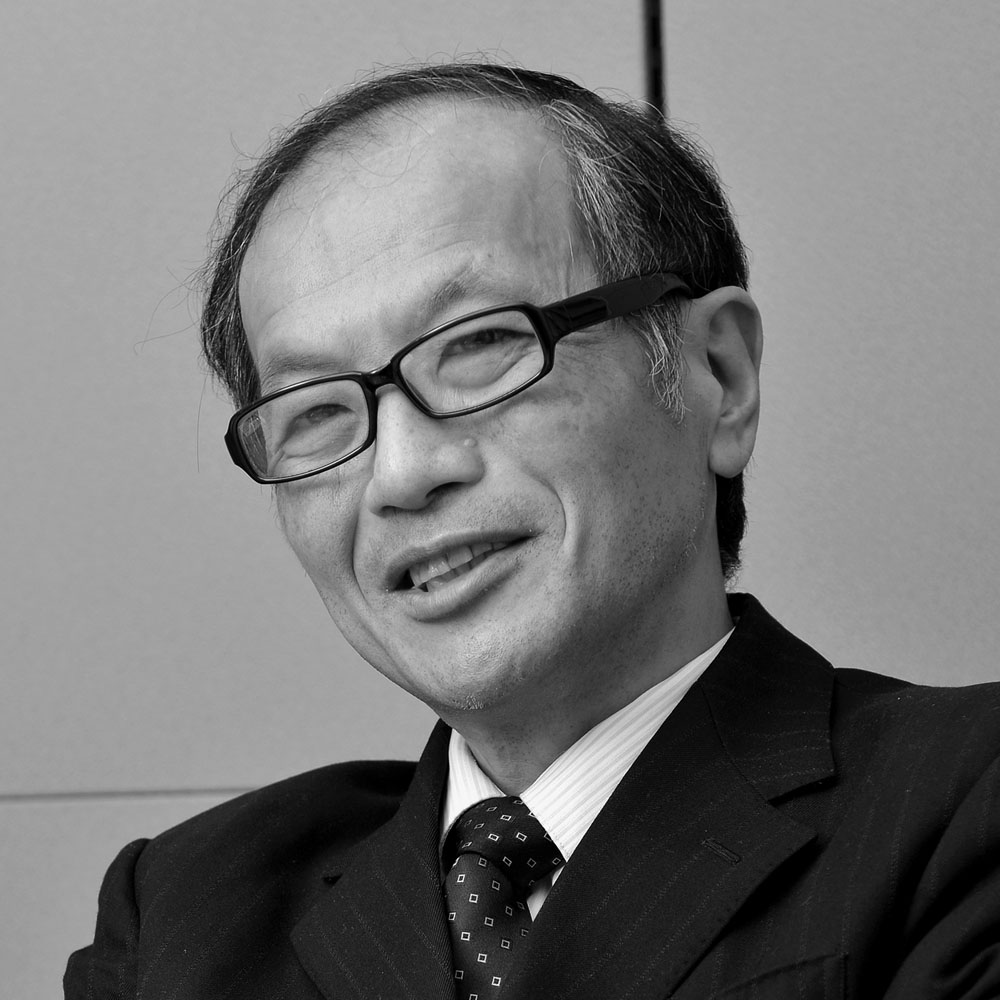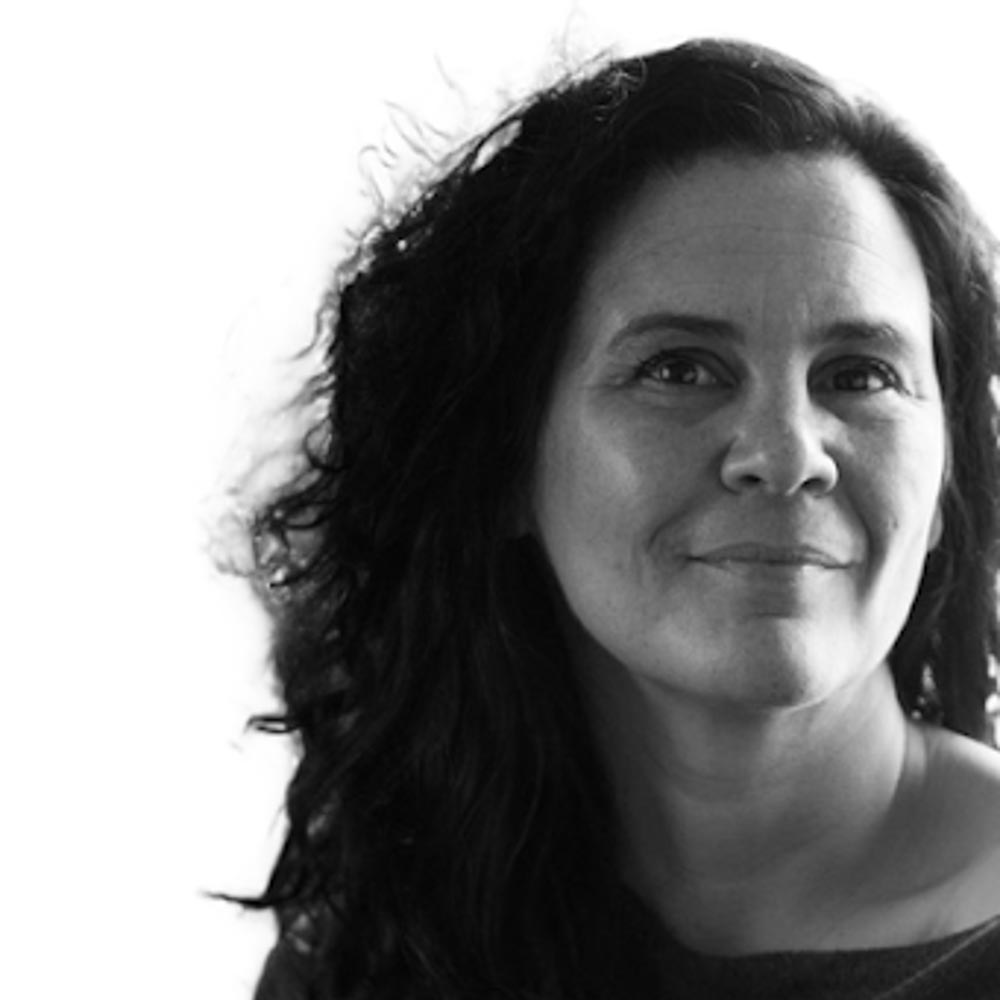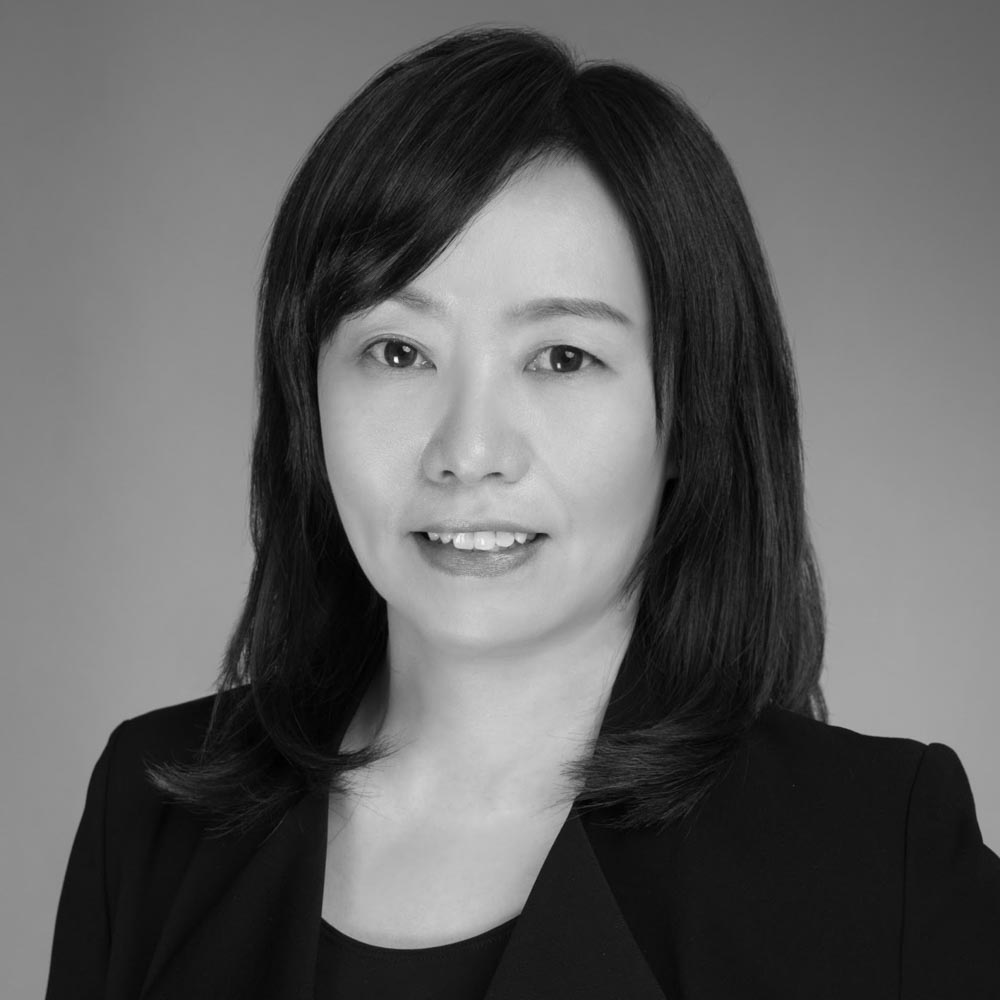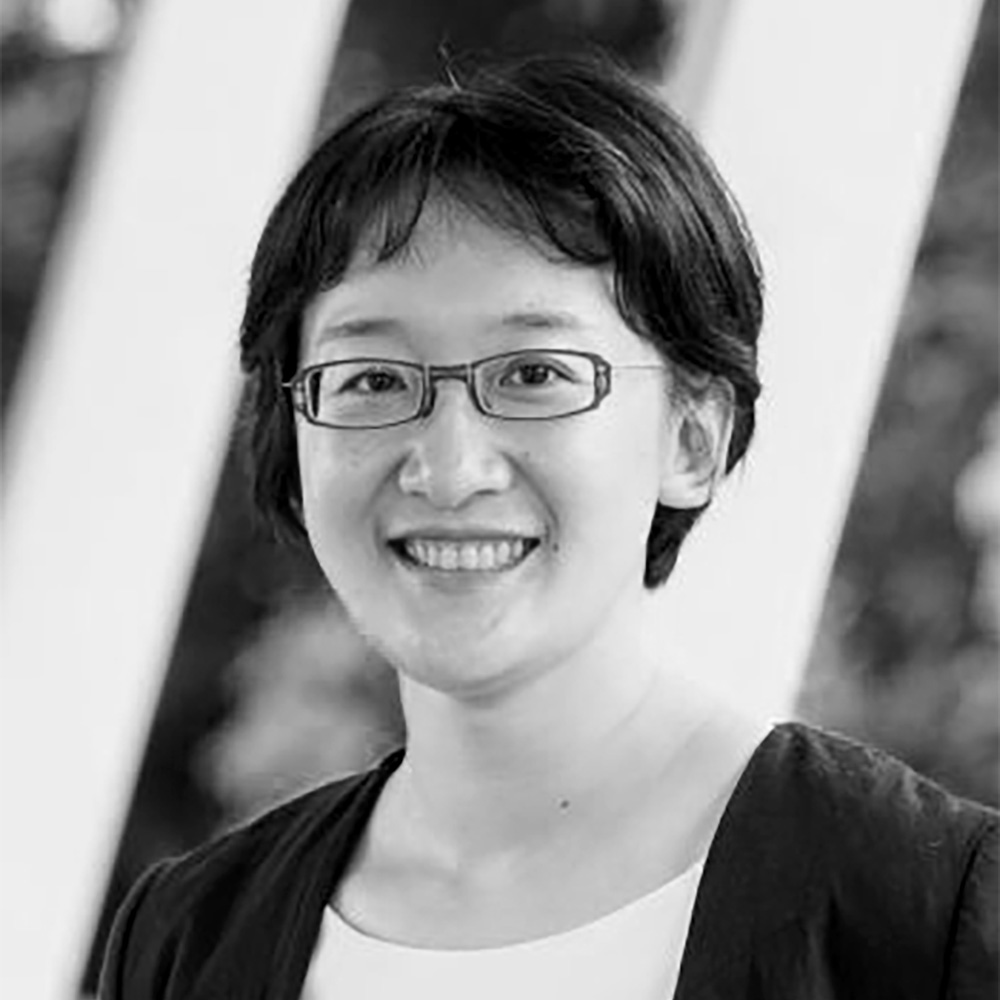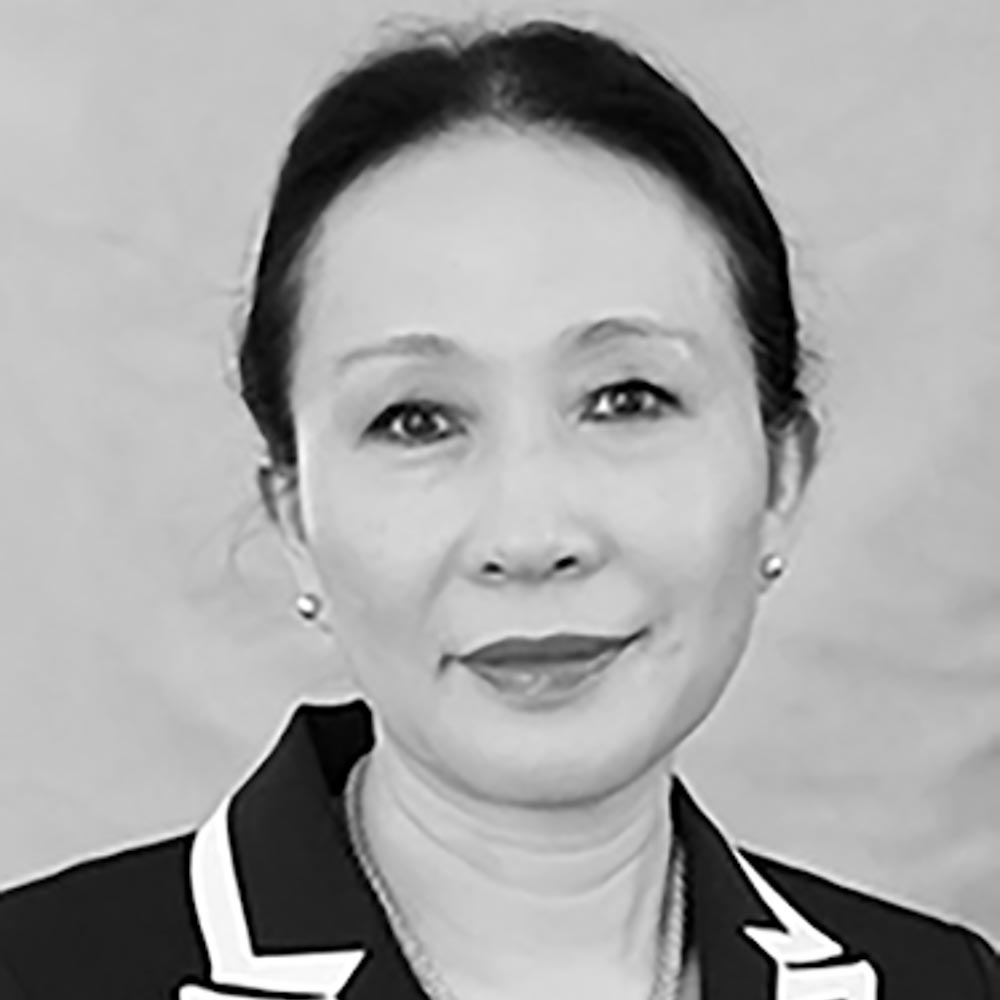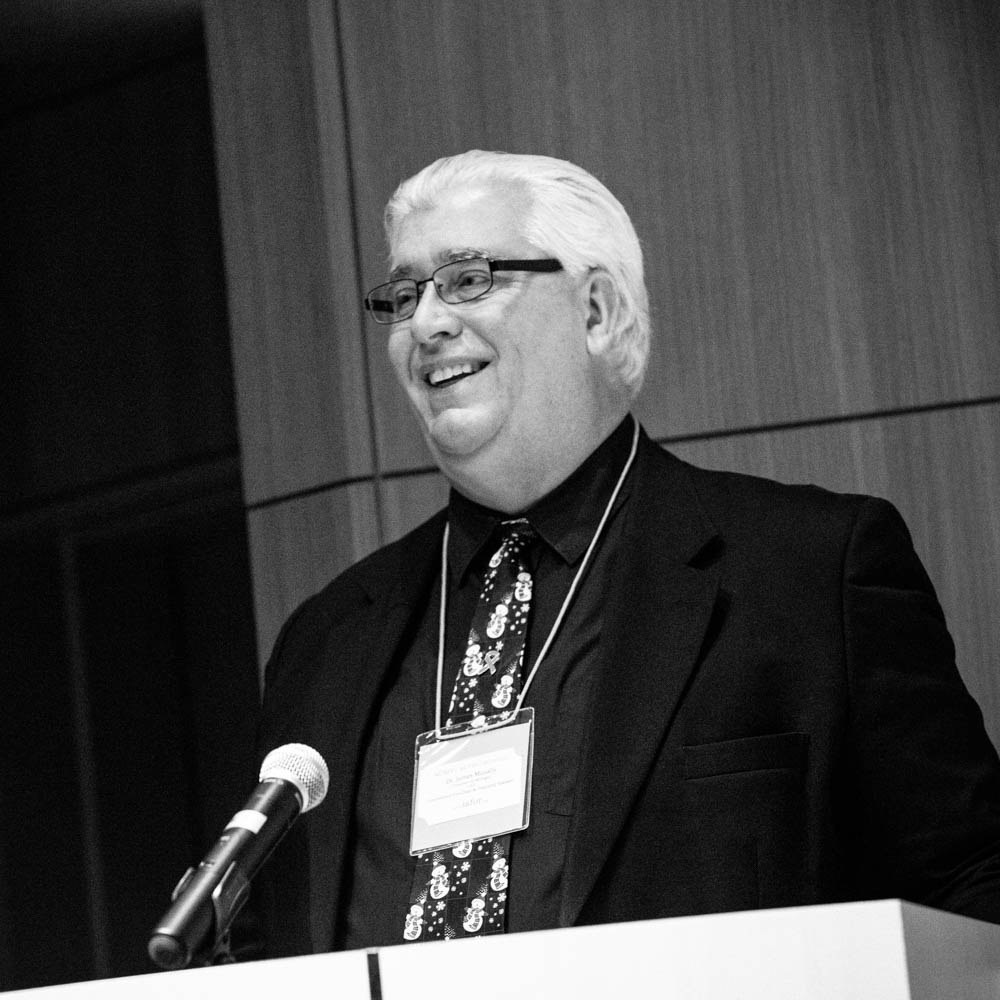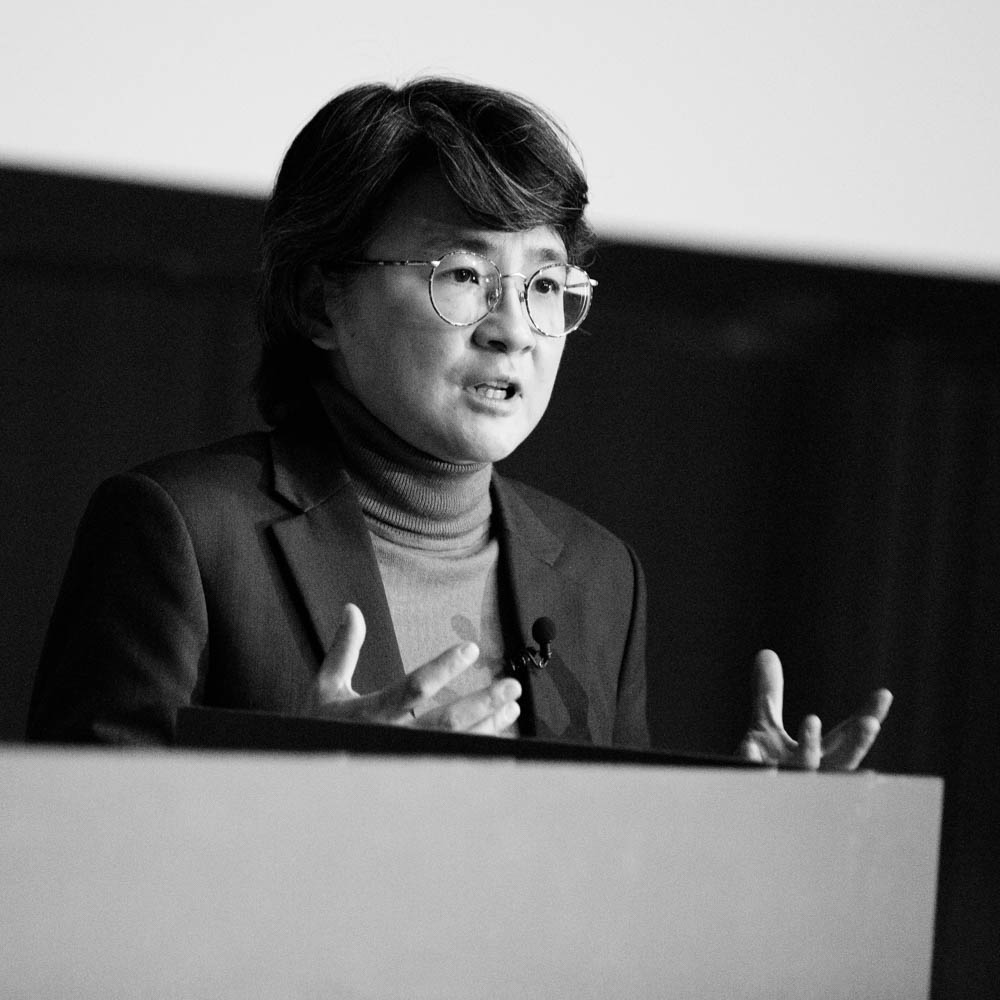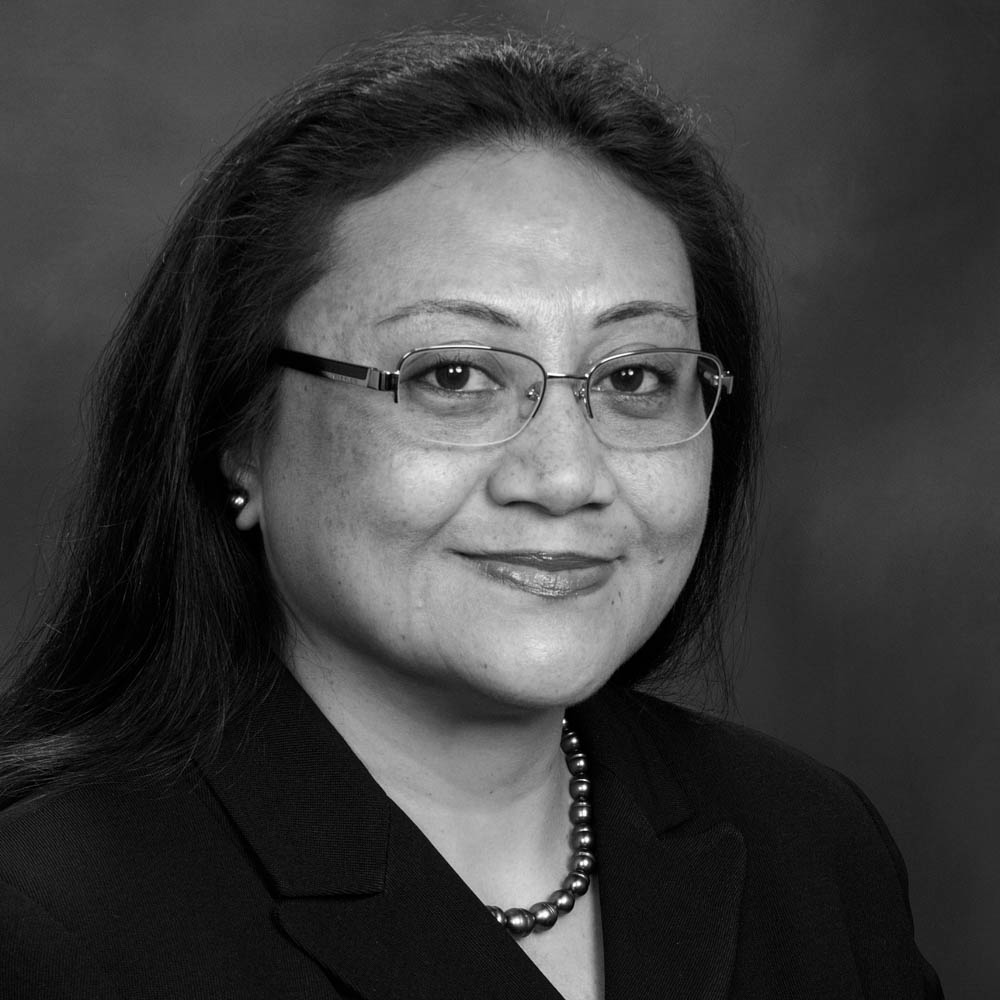ACAH2022
June 1–4, 2022 | Held online from Tokyo, Japan
Speakers
-
Jun ArimaUniversity of Tokyo, Japan
-
Grant BlackChuo University, Japan
-
Carmen ArthConcordia University of Edmonton, Canada
-
Parissa HaghirianSophia University, Japan
-
Lisa LamHong Kong Baptist University (HKBU), Hong Kong
-
Han LingThe Chinese University of Hong Kong, Hong Kong
-
Xiao-lei WangAdelphi University, United States
Programme
-
Climate Change, Energy Security and the Ukraine WarKeynote Presentation: Jun Arima
-
Accidental Leadership and Innovative LearningPanel Presentation: Lisa Lam, Parissa Haghirian & Grant Black
-
Grappling with Values: Gender Perspectives on Young Social Innovator’s Meaning of Work in ChinaKeynote Presentation: Han Ling
Organising Committee
The Conference Programme Committee is composed of distinguished academics who are experts in their fields. Conference Programme Committee members may also be members of IAFOR's International Academic Board. The Organising Committee is responsible for nominating and vetting Keynote and Featured Speakers; developing the conference programme, including special workshops, panels, targeted sessions, and so forth; event outreach and promotion; recommending and attracting future Conference Programme Committee members; working with IAFOR to select PhD students and early career academics for IAFOR-funded grants and scholarships; and overseeing the reviewing of abstracts submitted to the conference.
-
Grant BlackChuo University, Japan
-
Donald E. HallBinghamton University, United States
-
Joseph HaldaneThe International Academic Forum (IAFOR), Japan
-
Bradley J. HammMedill School of Journalism, Northwestern University, USA
-
Fan LiStanford Social Innovation Review, Japan
-
James W. McNallyUniversity of Michigan, USA & NACDA Program on Aging
-
Haruko SatohOsaka University, Japan
-
Sela V. PanapasaUniversity of Michigan, USA
ACAH/ACSS2022 Review Committee
- Dr Wala Almostadi, King Abdulaziz University, Saudi Arabia
- Dr Lorna Dimatatac, Technological Institute of the Philippines, Philippines
- Dr David Gore, Osaka University, Japan
- Dr Jeffry Haber, Iona College, United States
- Dr Kris Ho, United International College BNU-HKBU, China
- Dr Selay Ilgaz Sumer, Baskent University, Turkey
- Professor Padmaja Kamat, PES' Ravi S. Naik College of Arts & Science, India
- Dr Masanori Kaneko, Setsunan University, Japan
- Professor Yi-Ting Kuo, Jen-Teh Junior College of Medicine, Nursing and Management, Taiwan
- Dr Yuk Yee Lee, Gratia Christian College, Hong Kong
- Dr Reena Mittal, MJPRU, Bareilly, India
- Professor José Miguel Soares, ISEG - Lisbon School of Economics & Management, Universidade de Lisboa, Portugal
- Professor Joseph Sorensen, University of California at Davis, United States
- Dr Leila Tabatabaie Yazdi, Instructor, Iran
- Dr Zainor Izat Zainal, Universiti Putra Malaysia, Malaysia
Conference Outline
Joseph Haldane, IAFOR, Japan
11:50-12:35: Keynote Presentation
Grappling with Values: Gender Perspectives on Young Social Innovator’s Meaning of Work in China
Han Ling, The Chinese University of Hong Kong, Hong Kong
12:35-12:45: Break
12:45-13:30: Keynote Presentation
Climate Change, Energy Security and Ukraine War
Jun Arima, University of Tokyo, Japan
Room A: Interdisciplinary
62464 | Pan-Asianism in Twentieth-century Indian and Japanese Art: The Resilience of a Shared Artistic and Cultural Heritage
63870 | The Role of Typography in the Linguistic Landscape of Singapore’s Chinatown
63814 | Working Paper: Exploring the Intersection of Culture and Design – Does Culture Influence User Experience?
Room B: Economics and Management
63803 | Effects of Activating Mating Mindsets on Different Types of Luxury Consumption
63513 | It Matters to Employee Retention Strategy: Exploring the Employer Branding Strategy for Different Types of Organization and Age Segmentation
17:15-17:25: Break
17:25-18:15: Live-Stream Presentation Session 2
Room A: History / Historiography
63773 | The Making of Omiyage: Factors Behind the Commercial Success of Omiyage Products
62387 | Revisiting Manto, Recovering Histories: Partition Violence and the Little People
Room B: Cultural and Media Studies
62731 | Affective Self-positioning and COVID-19 Vaccine Sentiment on Twitter: From Fear and Hesitancy to Solidarity and Trust
62865 | Online Self-Representation of Military Women – The Case of Thailand
18:15-18:25: Break
18:25-19:40: Live-Stream Presentation Session 3
Room A: Interdisciplinary Media
63723 | Recording of a Piano and Violin Duo: A Case Study to Explore Challenges and Opportunities of Recording during COVID-19 Pandemic
63702 | North Korean Goddess – Myth of Kim Chŏng-suk in the DPRK cinema
62655 | What is an “Expert” in the COVID-19 Debate and am I One?
Room B: Education and Social Studies
63421 | Critical Constructivism in Learning Teaching: An Overview
62499 | Traditional Ecological Knowledge of Swidden Farmers in Northeast India: A Reflection from the Kukis of Manipur
62599 | Playing with Languages: Linguistic Innovation of Multilingual Children
Accidental Leadership and Innovative Learning
Parissa Haghirian, Sophia University, Japan
Lisa Lam, Hong Kong Baptist University (HKBU), Hong Kong
Grant Black, Chuo University, Japan (Moderator)
12:00-12:15: Break
12:15-13:55: Live-Stream Presentation Session 1
Room A: Interdisciplinary / Arts & Education
61897 | The Perception of College Experience for Students with ADHD
63697 | How Can Color Blindness be Interpreted in Schools and Society for the Future?
62841 | The Impact of COVID Pandemic on Students’ E-learning in Higher Education Digital Pedagogy in Nepal
Room B: International Social Science
63730 | Return Migration to Japan: Experiences of Japanese Brazilians
62883 | Ethnic Diversity and COVID-19 Resilience in Sri Lanka
63691 | Responsibility Towards Inclusivity: Gender Understanding of Yet Another Kind
63264 | Reinterpreting Hui Identity in Intermarriage With Han: A Case Study in Ningxia
13:55-14:05: Break
14:05-15:45: Live-Stream Presentation Session 2
Room A: Literature / Literary Studies
62578 | "The Wild Thing of Yr Hearts Desire": Representing Black Venus in Suzan-Lori Parks’s Venus
63778 | What Draws Young Men Overseas? Identifying the Impact of Overseas Business Experiences on Young Men in Dickens’ Novels
62765 | Winter in Japanese and Okinawan Poetry – Comparative Analysis of Different Connotations of Similar Expressions
62722 | A Definition of “Rekishi Shōsetsu” Through Ōoka Shōhei’s Criticism of Mori Ōgai’s "Sakai Jiken"
Room B: Politics & Public Policy
63577 | Domestic Politics and Negotiation Process between Japan and the ROK on the Japanese History Textbook Issue in 1982
62750 | Diversified Career Path of Legislators in New Democracies: South Korea’s Case
62686 | Open Data Policies in Central Europe – Comparative Analysis
62685 | One Country, Multiple Stories – Women’s Work-life Balance in Rural and Urban China
15:45-16:00: Conference Closing Session
63769 | Research of the Art Creation on the Virtual and Real Integration of Argumental Reality
62832 | Applying Creative Drama to Exhibition Course: Taking “Where the Toys Go” in the Playhouse as an Example
63734 | How Do We Define the Global in Ways, Which Would Take Into Account Epistemological and Material Inequalities?
62602 | The Role of Government in Fostering Resilience Amid the COVID-19 Pandemic
63204 | Criminal Trials of Parents Claiming “Sibling Abuse” – How Do Midwives Address Such Cases?
63589 | Acceptance of Social Robotics and the Use of a Paro Robot in Working With the Seniors by Social Work Students
63631 | Innovative Design of Sustainable Fashion – A Case Study of Practical Fashion Design Teaching
63780 | Axiomatic Dimensional Analysis of Art in the Visual Culture of the Ibibio People of Nigeria
63633 | Why Do People Not Attend Arts Events? The Influence of Perceived Risks and Level of Involvement
62145 | Ways People Thrive During a Pandemic: Stories of Growth, Self-prioritization, and Resilience
62438 | “Garden Blooms”: Acts of Environmental Imagination in Erlinda Alburo’s Poetry
57114 | Filial Responsibility: A Pragmatic Reading on the Fictions of Ernesto Lariosa
61613 | A “Skillful Artifice” of the Impeccable and the Masculine: Examining Gender and Trauma in Fun Home
62461 | Happiness and Heartlessness Represented in Cantonese Opera: With Reference to Burning of the Incense and Scent of a Lady
62833 | Faceless Blogging and Gatewatching on Social Media: A Study of Selected Ghanaian Blog Pages on Instagram
62473 | Contact Tracing Apps for Community Resilience Battle Against COVID-19_the App Review Analysis From US Covidwise; France Tousanticovid; Finland Koronavilkku; and China Alipay Health Code
62505 | Digital Stakeholder Engagement in Corporate Social Responsibility: An Exploratory Study in Hong Kong
62607 | ‘What “She” Was…’: Representations of Women in Films – A Historical Perspective
62518 | Traditional Practices and Rituals Incorporated in Preparing Maguindanaon Native Delicacies
63260 | Does Motivation Break the Chains of Desistance?
62834 | Education During and After the Pandemic: Students’ Integrity Issues in Online Tests and Exams
63033 | Coping Up With Online Learning During the Pandemic: Challenges for Rural Students in Bangladesh
63688 | Conceptual Collaborative Learning Space in “Studio-based Classroom” for Future Campus
63561 | Parasitism: The Inextricable Connection of the Indispensables
61804 | Unboxing the Addictive Blind Boxes: Investment, Social Enculturation, and Authorial Control Through Mediated Collection, Exchange and Resale of Figurines
62875 | Resistance in the Transnational Sinophone Mediascape: A Textual Analysis of Namewee’s YouTube Music Video Fragile and its Fan Discourse
63715 | Psychological Well-Being Among Immigrants and Refugees in St. Louis, Missouri
63691 | Responsibility Towards Inclusivity: Gender Understanding of Yet Another Kind
62887 | Decoding Everyday Human Insecurities in Southeast Asia
63423 | Perceptions of Long-term Home Care Users With Dementia: Taiwanese Professional Care Workers’ Views
62681 | Marriage Equality: Social Movement for Same-Sex Marriage in Thailand
62902 | The Nautical Significance of India-Japan Relationship
62393 | Mediating Role of Resilience Between Health Anxiety and Psychological Well-Being: Study Among Medical Doctors in Aceh, Indonesia during Coronavirus Pandemic
62644 | Relationship between Gratitude and Realistic Optimism: A Study on Indian University Students
62396 | The Antecedent Events Leading to Teenage Fatherhood: The Filipino Teenage Fathers Experience
63796 | Exploration of the Relationship Between Housing Conditions and Cultural Capital in Hong Kong
62897 | Smartwatch, Sport, and Health: Identities and Everyday Lives of China’s University Students
63782 | Just a Sham? – An Empirical Investigation of Homeowners’ Misperception of Self-sufficiency in the Context of Fossil-fueled Heating in Germany
62061 | The Impact of Artificial Intelligence on Society, Education, and Work: Global Society in the Age of Autonomous Systems
